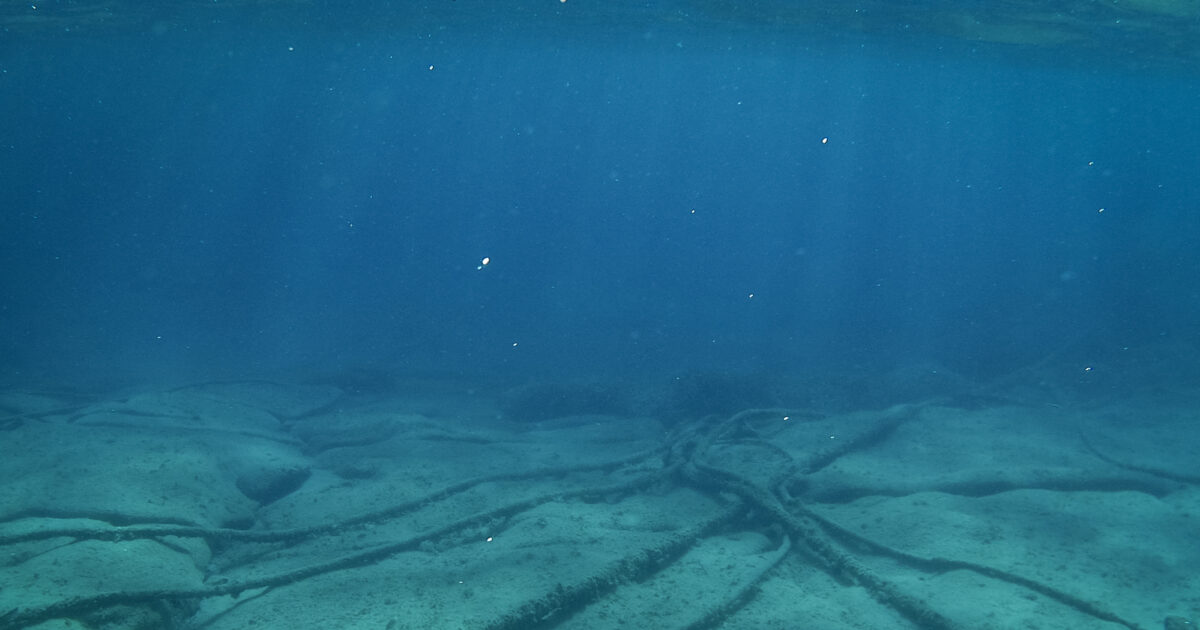OR electrical interface Greece – Cyprus It is a project that began the previous decade to put an end to the isolation of the island.
As Cyprus operates completely autonomously with its own production units, the cost of electricity is high for Cypriot consumers. There is also the possibility of problems with smooth electricity, as it appeared this summer, when there were a blackout.
In contrast, the energy benefits for Greece are limited, as the cable simply offers another way out for electricity exports.
For its part, the EU strongly supports such projects and has indeed offered funds of € 657 million through Connecting Europe Facility. The remaining € 1.4 billion is ultimately divided by Greek and Cypriot consumers over time through their accounts.
Under the intergovernmental agreement that was completed last year, annual installments of EUR 25 million are provided for the ADMIE implementing body, starting this year. ADMIE took over the reins a few years ago by the Euroasia initial body and has already spent money on the Nexans contractor that manufactures the cable itself and has set the condition the smooth repayment to continue.
It is assumed that last year’s Greece-Cyprus Agreement and the corresponding decisions of their regulatory authorities had set the project on a definitive trajectory of implementation. The only problem that should be overcome was the Turkish reaction.
On the occasion of the events of the last few days, things go back and resume financial, legal and regulatory issues that Cyprus raises.
In view of a possible cancellation, therefore, we need to make a significant distinction in the importance of Great Sea Interconnector: For Cyprus the benefit is more energy, while for Greece extremely geopolitical.
The 898km route from Crete to Cyprus cuts the Turkish Memorandum and the Turkish EEZ in the middle as it is illegally defined by Turkey. At the same time, the cable connects the Greek and the Cyprus EEZ, so it is an exercise of national rights.
This is, after all, the reason last year in July, Turkey took five warships to Kaso to stop the bottom of the Italian ships on the part of the implementing body.
If the interconnection does not continue, then we are definitely talking about a fiasco. We are today at a time when the Libyan parliament is going to ratify the Turkish -tired Memorandum, while Ankara is making openings to Egypt, a country that has been in Greek positions for many years.
Indeed, Greece paid dearly for the EEZ demarcation with Egypt, as it offered it more than it normally provides for international sea law, to some extent limiting Crete’s influence on the zone.
We, therefore, see the cable, as a cornerstone of Greek (and Cypriot) foreign policy threatened. The message in any direction will be clear and highly detrimental to Greek positions, as all other countries will realize that it is a gray zone.
Despite the problems, there is still room for the time being to implement the project and provide the appropriate answers to the field. However, fast and decisive moves will be needed by the two governments.
